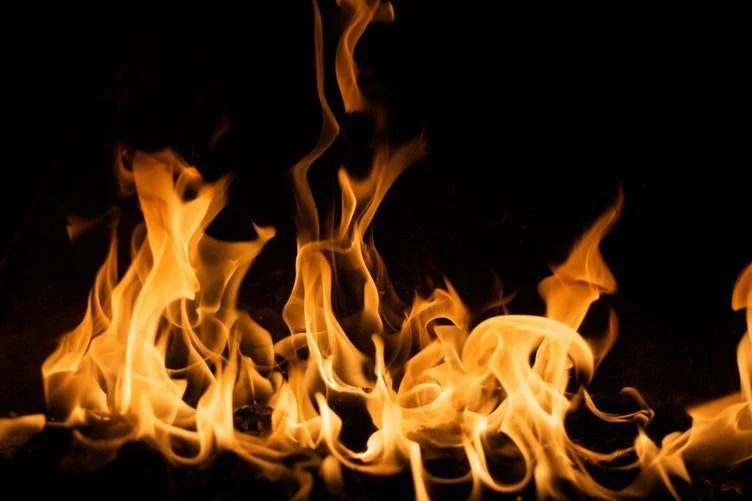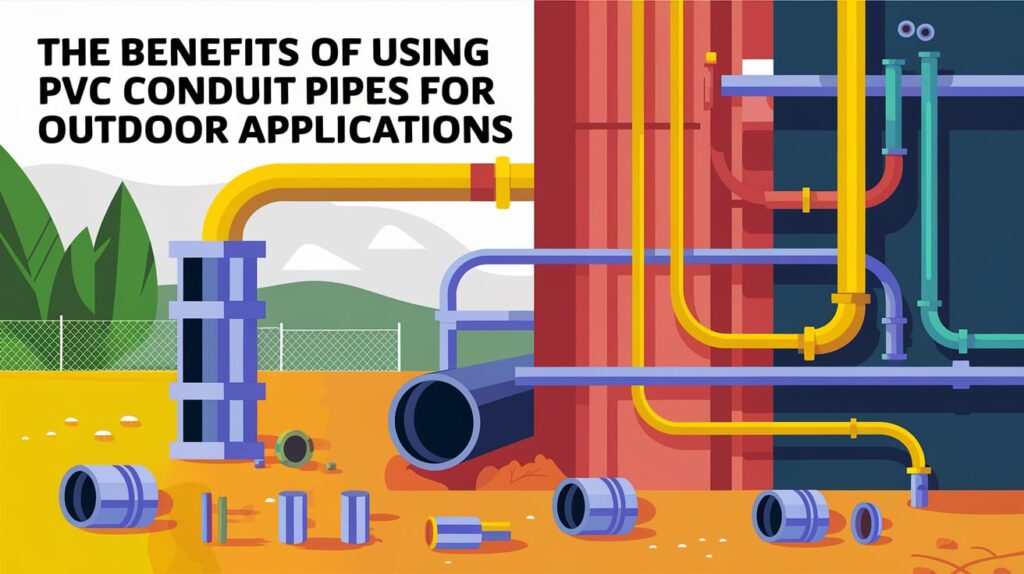Conductos de PVC y resistencia al fuego: lo que debes saber
Los conductos de PVC se utilizan ampliamente en la construcción para la protección del cableado eléctrico. Si bien su durabilidad y rentabilidad los convierten en una opción popular, es importante tener en cuenta los aspectos de seguridad de los materiales de construcción. La resistencia al fuego es un factor crítico, especialmente en edificios con una alta ocupación o materiales inflamables. En esta publicación, analizaremos las propiedades de resistencia al fuego de los conductos de PVC y lo que debe saber sobre su seguridad.
¿Qué hace que las tuberías de PVC sean resistentes al fuego?
El PVC (cloruro de polivinilo) es un polímero termoplástico que se utiliza ampliamente en materiales de construcción. Si bien el PVC en sí no es resistente al fuego, se puede hacer que lo sea agregando productos químicos retardantes de llama. Estos aditivos actúan como una barrera para prevenir o retrasar la propagación de las llamas en caso de incendio. Además, las tuberías de PVC resistentes al fuego deben cumplir con ciertas normas y certificaciones para garantizar su seguridad.
Ventajas de utilizar tuberías de PVC resistentes al fuego
El uso de conductos de PVC resistentes al fuego tiene varias ventajas, como una mayor seguridad en caso de incendio, un menor riesgo de daños en el cableado eléctrico y una menor propagación del fuego y el humo. En caso de incendio, los conductos de PVC resistentes al fuego pueden evitar la propagación de las llamas a otras áreas del edificio, lo que proporciona tiempo adicional para que los ocupantes evacuen de forma segura. Además, los conductos de PVC resistentes al fuego tienen menos probabilidades de derretirse o deformarse, lo que puede provocar daños en el cableado y los equipos eléctricos. Esto puede minimizar el riesgo de fallos eléctricos e incendios posteriores. Por último, los conductos de PVC resistentes al fuego pueden ayudar a reducir la cantidad de humo y gases tóxicos que se liberan en caso de incendio, lo que puede mejorar las posibilidades de supervivencia de los ocupantes y los socorristas.
Prueba de resistencia al fuego para tuberías de PVC
Para garantizar que las tuberías de PVC cumplen con las normas de seguridad contra incendios, se someten a rigurosos procedimientos de prueba. Estas pruebas evalúan la capacidad de los materiales para resistir la ignición, la propagación de llamas y la generación de humo. Los resultados de estas pruebas se utilizan para asignar clasificaciones y certificaciones de resistencia al fuego a los productos. Las tuberías de PVC resistentes al fuego suelen tener una clasificación de resistencia al fuego más alta que los productos no resistentes al fuego, lo que indica una mayor seguridad en caso de incendio. Además, las tuberías de PVC se pueden comparar con otros materiales de construcción resistentes al fuego, como las tuberías de metal o los paneles de yeso resistentes al fuego, para determinar su seguridad relativa.
Cómo garantizar la instalación y el uso adecuados de las tuberías de PVC
Si bien las tuberías de PVC resistentes al fuego pueden brindar mayor seguridad en caso de incendio, es importante asegurarse de que se instalen y utilicen correctamente. Esto incluye seguir las instrucciones de instalación del fabricante, que pueden variar según el producto y la aplicación. Los métodos de instalación adecuados pueden ayudar a evitar daños en las tuberías o el cableado eléctrico, lo que puede comprometer sus propiedades de resistencia al fuego. Además, el mantenimiento y el reemplazo regulares de las tuberías de PVC pueden ayudar a garantizar que permanezcan en buenas condiciones y sigan brindando protección contra incendios.
En conclusión, la resistencia al fuego es un factor crítico a tener en cuenta al elegir materiales de construcción, incluidas las tuberías de PVC. Las tuberías de PVC resistentes al fuego pueden proporcionar mayor seguridad en caso de incendio, menor riesgo de daños al cableado eléctrico y menor propagación del fuego y el humo. Es importante asegurarse de que las tuberías de PVC se instalen y mantengan correctamente para garantizar su seguridad. Al elegir tuberías de PVC resistentes al fuego y seguir las mejores prácticas de instalación y uso, puede ayudar a crear un entorno de construcción más seguro para los ocupantes y los socorristas.
Conductos de PVC y resistencia al fuego: lo que debes saber Leer más "


